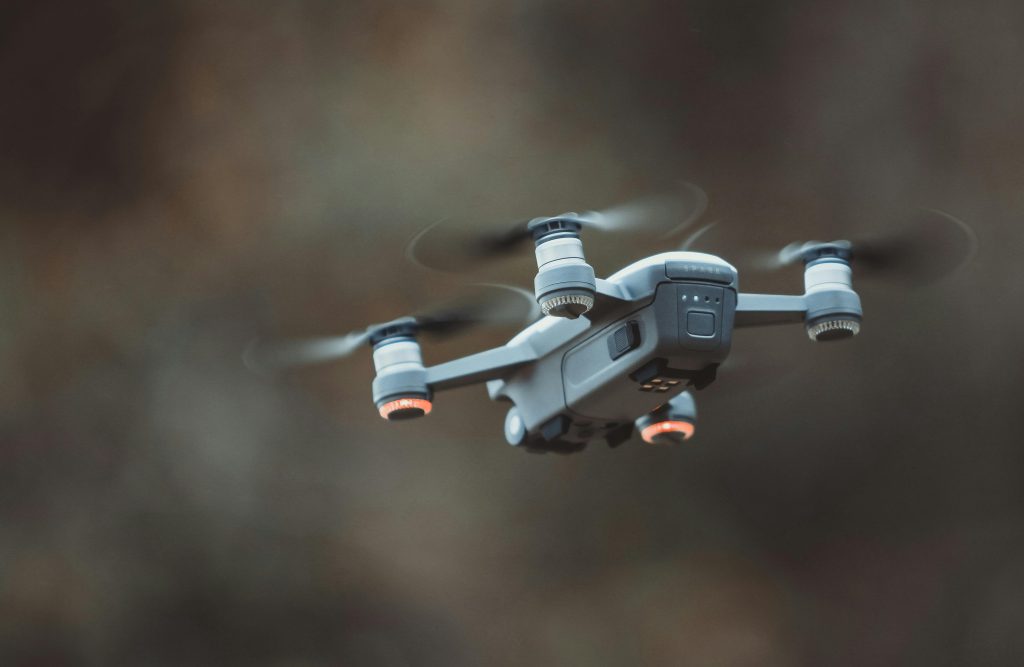[[{“value”:”
Other Surveillance Technology Proposals Pass Council, Despite Community Opposition
By Siobhan M.
CAMBRIDGE — Community members flooded a meeting of the Cambridge City Council on Monday evening, successfully pushing the City Council to shunt back to committee a proposal for a surveillance drone for the Cambridge Police Department. The Council, over many residents’ strong objections, voted 6-3 to approve two other surveillance proposals: a device to unlock cell phones seized by police, and automated license plate recognition technology to allow police to track residents. The city’s unelected chief executive, City Manager Yi-An Huang, brought all three proposals on behalf of the Cambridge Police Department.
47 members of the public registered to speak at the meeting, the vast majority of whom spoke in opposition to the surveillance technology. “I’m terrified that the federal government has announced they’re going to go after my friends who have spoken truth to power about Palestine, and I do not want the Cambridge police to have more tools to do the same” said Dan T., a member of Boston Democratic Socialists of America, during the meeting’s public comment period. Dan stated this as part of a comment in which he also advocated for a municipal housing voucher program. Affordable housing was noted by many commenters as a better use of public funds than surveillance technology.
DSA was far from the only group standing up to this proposed expansion of the surveillance state. MIT’s Coalition Against Apartheid and Harvard’s Undergraduate Palestine Solidarity Committee put out a joint statement urging community members to oppose the proposals, and many students and university workers answered the call. As “a union organizer and a community organizer,” Hanna M., a grad worker at MIT, said she has “had lots of firsthand experience with Cambridge PD, who shows up to even the smallest community actions with numbers, technology, and force that I would call comically unnecessary if it wasn’t also deeply chilling…a main use case of this technology is surveilling civilians who are exercising their right to protest.”
Some community members also highlighted the toll these proposals would take on surveilled communities. “Everyday surveillance puts significant wear and tear on the human body, elevating blood pressure and heart rate, ultimately resulting in chronic illness and staggering rates of poor mental health,” said Somaia S., a medical student. “Surveillance technology is not what Cambridge needs and is in direct opposition with the well being and good health of our community.”
While the Council’s majority seemed unconcerned by automated licence plate recognition technology, commenters noted it is a powerful tool to aid police misconduct and repression. Across “hundreds” of documented cases, police misused license plate readers “to get information on romantic partners, business associates, neighbors, journalists and others for reasons that have nothing to do with daily police work.” Virginia police were also caught using theirs to build databases of individuals attending political rallies.
While the community was able to fend off surveillance drones in Cambridge, they have been adopted by police departments across the country to monitor protests. An estimated 1,400 law enforcement agencies now use drones, with “event monitoring” seen among police as an increasingly necessary function. Yale PD, who arrested 48 pro-Palestine demonstrators at a sweep of a student encampment on April 22, 2024, were later revealed to have compiled a massive trove of information on the protestors, including drone images and social media profiles.
The Department of Homeland Security’s (DHS) Urban Area Security Initiative (UASI) was slated to help fund all three Cambridge PD proposals. UASI is a federal grant program of over $500 million a year to militarize and increase the surveillance capacity of state and local governments, as well as private nonprofits. Alongside other programs like the State Homeland Security Program (SHSP), this process of militarizing police departments functions as a giveaway of more than $1 billion per year to private weapons and surveillance contractors. UASI and SHSP were initiated in 2003, shortly after DHS’s founding, alongside other DHS elements like Immigration and Customs Enforcement (ICE) and Customs and Border Protection (CBP). These DHS programs collectively serve to spy on and repress working class communities and political movements while lining the pockets of capitalist war and surveillance profiteers.
As part of his opposition to all three surveillance proposals, Boston DSA’s endorsed Cambridge City Councillor, Jivan Sobrinho-Wheeler, raised concerns about the surveillance technology also being used to enforce a future federal abortion ban.
Concerns about the Trump Administration’s potential misuse of surveillance data are entirely justified, but the surveillance and abuse of protestors has often been a bipartisan project. Democratic Party-led cities across the country used police to crack down on protests against American support for Israel’s genocide in Gaza, including in Cambridge and Boston. Alejandro T., an MIT undergraduate student, recalled that “as students protested the complicity of the universities in the genocide of Palestinians, Cambridge PD aggressively arrested students as they peacefully protested. They had 5-6 cops pinning down individual students. They slammed students into the ground and caused multiple injuries in the process.”
A militarized, capitalist-controlled police force, armed and outfitted by private arms and spyware dealers, will always be an opponent of the better world we strive to build. Socialists, and all those fighting America’s police state at home and imperialism abroad, must continue to stand against government surveillance no matter which capitalist party controls it.
Siobhan M. is a member of Boston DSA and UAW 2320. The views expressed herein are her own and do not represent her employer.
Photo by Pok Rie: https://www.pexels.com/photo/grey-quadcopter-drone-724921/
“}]]

